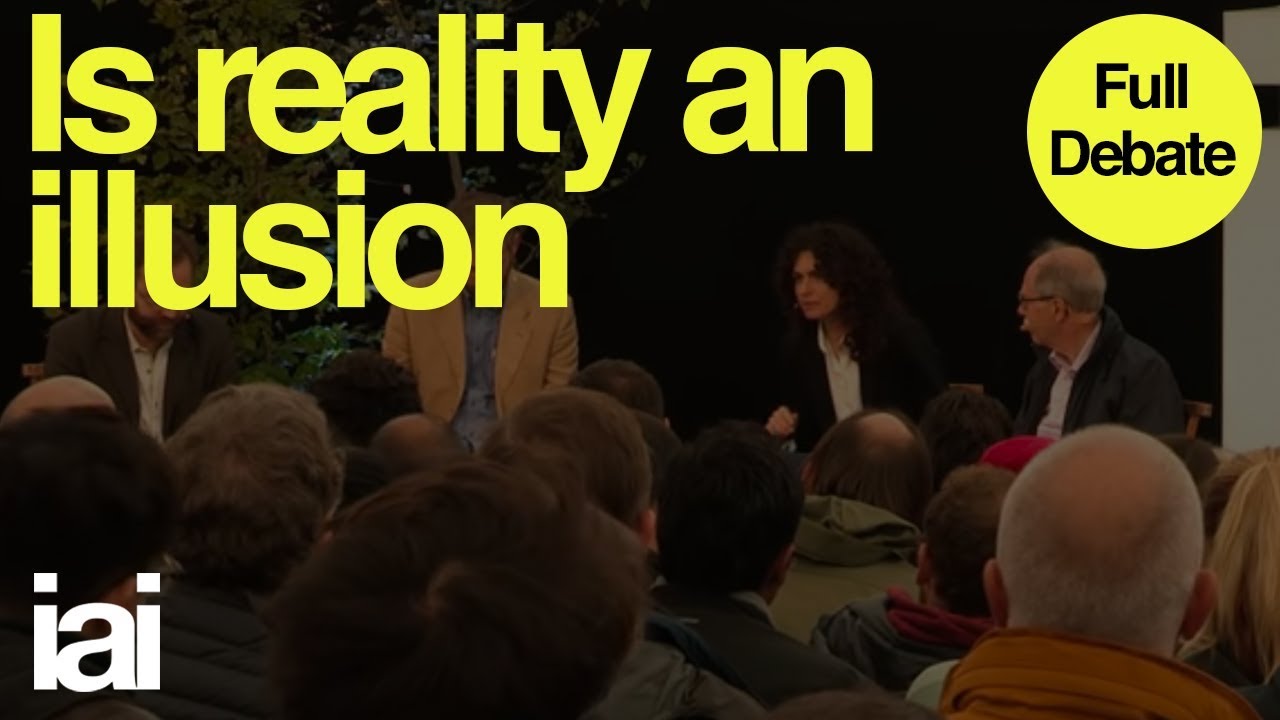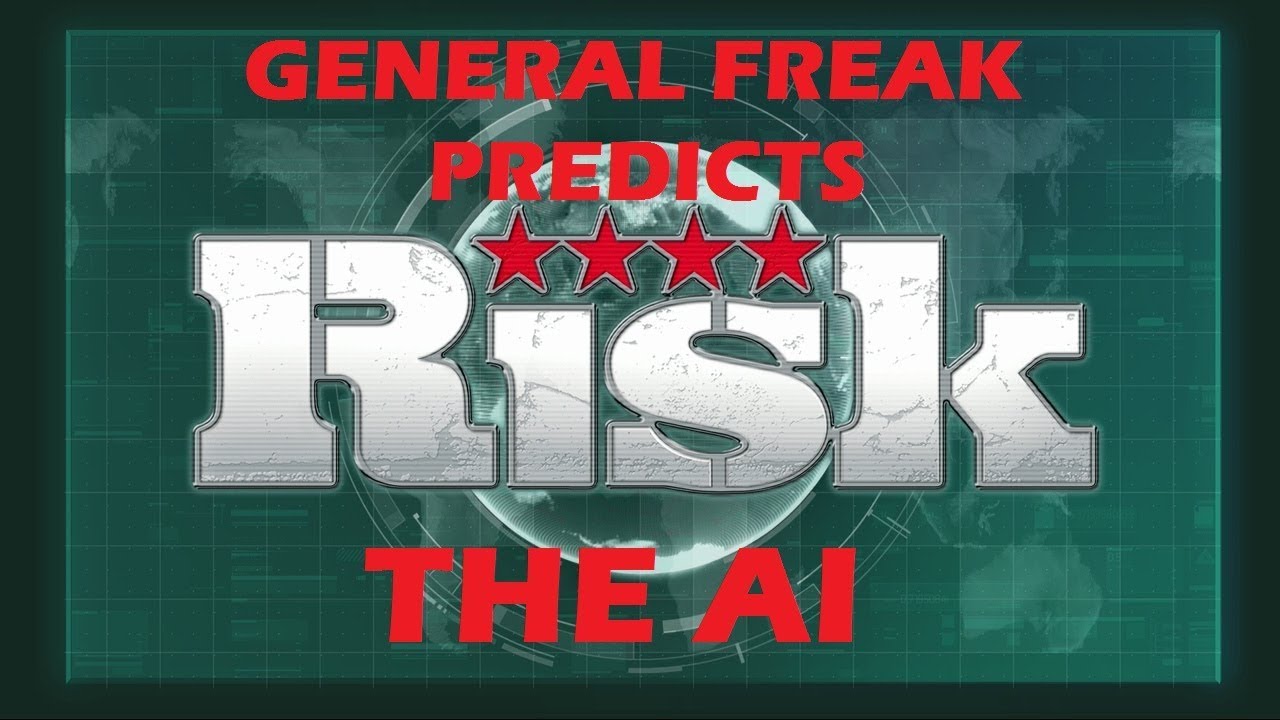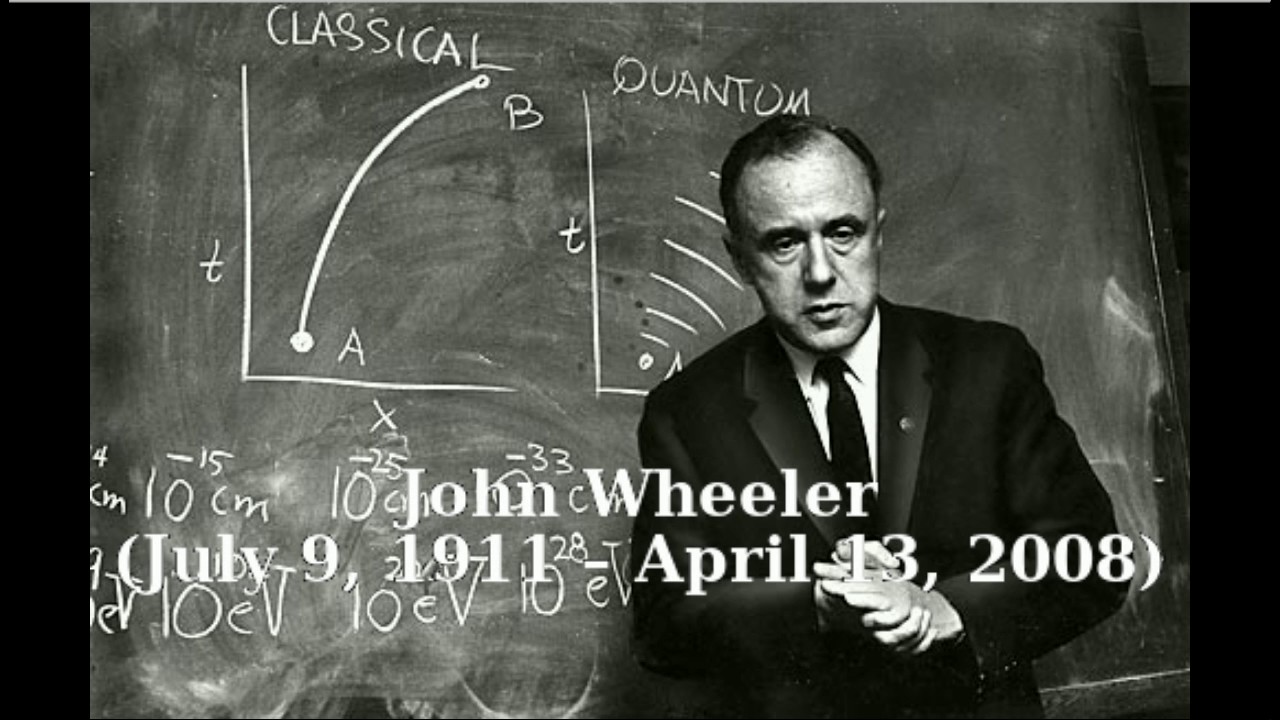The Institute of Art and Ideas
According to quantum physics, the observer is critical to reality. Is a world independent of the observer an illusion? Or did Heisenberg and quantum physics get it wrong? Nobel Prize winning physicist Gerard ‘t Hooft, constructor theorist Chiara Marletto and Oxford quantum philosopher Christopher Timpson debate our role in reality.
Subscribe to the Institute of Art and Ideas https://www.youtube.com/user/IAITV
Gerardus ‘t Hooft is a theoretical physicist and professor at Utrecht University, the Netherlands. He shared the 1999 Nobel Prize in Physics with his thesis advisor Martinus J. G. Veltman “for elucidating the quantum structure of electroweak interactions”.
Chiara Marletto is a quantum physicist working at the University of Oxford. She is currently focusing on developing Constructor Theory a recently proposed new fundamental theory of physics – applying it to address problems at the foundations of physics.
Christopher Timpson is a Professor in the Philosophy of Physics. His latest book Quantum Information Theory and the Foundations of Quantum Mechanics provides the first full-length philosophical treatment of quantum information theory and the questions it raises for our understanding of the quantum world.
#physics #quantum #quantumphysics
DELVE DEEPER
For debates and talks: https://iai.tv
For articles: https://iai.tv/articles
For courses: https://iai.tv/iai-academy/courses
For podcasts: https://iai.tv/iai-podcast
Source




For more on this debate, watch Gerard 't Hooft's latest talk on what quantum mechanics tells us about reality https://www.youtube.com/watch?v=jvsTVlwek-g
You would expect, perhaps thinking too "classically" that huge objects of many connected particles, like we, should in fact have less degree of freedom (none !) compared to a single elementary particles.
Get these pontificating philosophers & obnoxious hosts out, and let the brilliance of. 't Hooft and Marletto express their incredible intellects!
Reality is an illusion for most of humanity. Unfortunately, human illusion is far from reality and causing conflict between reality and the human condition. It's time to change the human condition to one of human altruism instead of violence and religious conflict!
My take for what it's worth is this; can we be sure we're as intelligent as we credit ourselves with being, or is this question of existence simply a matter of not being able to see the forest for the trees? The forest we are all in of course. How intelligent is human intelligence? Do we flatter ourselves? Did our creator make us minus the capacity to comprehend beyond a certain point, a wall which we can't see past? Quantum measurement mocks our sense of logic, is it in fact a caution sign which tells us we've reached or nearing the top of our learning curve? Can we break through this invisible barrier and are we even ready to do so? Science alone, I fear is not the only answer to the biggest questions. Are we destined to discover more answers, in time perhaps so. Until that time I know many of us will keep searching.
This is fun. We see illusion trying desperatly to describe reality. But, ignorance is bliss if not tempered by the logic of scientific discovery.
Where did they get these speakers from? Was it the Institute of waffle and indeterminism? I do miss the days of Einstein, Bohr, Dirac, Feynman etc, where they were capable of introducing ground breaking ideas, but in a manner intelligible to the general public. I believe that Einstein and Feynman, in particular, held the view that if you could not visualise a concept, it had not been explained properly. Furthermore, I would scrap all courses on philosophy, a subject which is a waste of time and money, and of no value to humanity.
Hmmmmm……reality is rabies. Try calling that an illusion.
New generation of physicists are quite in the line of the Pythagoras school, or platonic school putting ideas and mathematics before the reality. I am a geologist not a physicist but I think that some proposals imaginary parallel universes loo more like the myths that Greece philosophers as Democritus and 18th century thinkers had have already removed from the rational interpretation of the world. Roger Penrose and Christopher Timpson seem to me more objectives. Anyway is impossible that we already have the final answer to the fundamental questions.
do illusion and reality live side by side and are interdependent?
I just can't follow 't Hooft into the "no free will" territory. Of course we have free will. It is self-evidently obvious. It's more obvious to each of us that we have free will than any learned scientific fact. Science tells us how the world behaves, but our own awareness and free will are directly perceptible to each of us.
Also, I would say here that each of us being conscious of our own free will is the "self evident observation." We all feel like we are. So the burden of proof is on the other side – they have to prove that we don't have free will – that the self-evident observation is a falsehood. I've never seen even the beginnings of such a proof. You can start by taking determinism as a given and the reason that we can't have free will, which is what 't Hooft does, but that's not a proof – that's a circular argument. Maybe that held more water up until the 1900's, when everything in science told us the world was deterministic. But that's not the case anymore – to all intents and purposes the world now appears to be non-deterministic. I think the argument that claims the title to "obviousness" is that the world appears to be non-deterministic, and also we appear to have free will which implies the world CAN'T be determinstic.
depends on what you mean by an illusion. it could be considered an illusion but not really. we have eyes, our eyes perceive what’s really there and then it sends the information to the brain, and then our brain processes it. our brain can create its own reality, dreams. that’s what dreams are, they are created by your brain and as you can very easily tell, your dreams are very low resolution and quality, there’s no detail or anything. but in the real world, there is detail your brain can’t even create, if it could create that amount of detail, it would all appear in your dreams, but it doesn’t. without eyes, our brain won’t be able to do anything, but with our eyes, our brain can process the information it’s receiving from our eyes. and as we all know, our eyes don’t create reality, we can confirm this because our eyes just aren’t capable of that and also if we got rid of our eyes we can still hear, taste etc. we see reality exactly as it is, reality is real. it’s not a hallucination, it’s not created by your brain. reality is completely REAL and that’s how it’s always been
Cant stand the rush nature to the bearded guy and he's presentation is always flat. Im out of here.
Note to self – never watch stuff like this on a bad hangover. It’s enough to send you over the edge
Thooft is everything wrong with modern Physics community
Concepts validated by concepts believed to be true
What we know is a drop. What we don't know is an ocean.
I refute it thus… Bangs head against brick wall
Vedanta
Is there free will if we are in an illusion?
Hysterical!!!
Reality is a word that has meaning. No two people might agree as to what it describes but they know what they mean by it: that which is.
Illusion is a subjective term meaning a mistaken perception of an existing object leading one to believe it to be something other than what it is. The sun going round the earth. So reality can under no circumstances be illusion. It’s just tabloid journalism to suggest otherwise.
And talking of tabloid journalism let’s look at what people think Heisenberg was talking about. How can anybody over the age of 8 seriously believe he said that nothing exists unless it’s being observed.??
His concern was with quantum mechanics and the tools and procedures required to be able to observe anything at all at quantum level.
The only way it can be done is by creating an event. So the observer becomes part of the action, and has to interfere at quantum level in order to create something that can be observed. And that which is observed only exists because and when the observer activates it’s power of perception. If the observer does not activate such a procedure of perception then the activity continues as normal at quantum level and nothing is observed.
This childish misunderstanding arises because people, even physicists haven’t grasped that the quantum world isn’t something separate and isolated from the atomic world, it’s the same thing at a deeper level
no, gerards view is not to do with backward propagation, it simple means the past exactly corresponds to the future in such a way that changing the present would only be possible by changing the initial condition, and therefor the entire past.
Lunch time, doubly so…
If you can't tell the difference between reality and a illusion, does it matter?
is corona real for the old on the panel?
This is a ridiculous and unnecessary concept. Even if it's true it is of no circumstance. People truly think to much about things that make no difference and are out of our control.
Where is the human aspect? These humans are talking about computations, they are trying to tell us that computations and mathematics can understand reality more effectively than the experience of consciousness. The big problem with science is the cognitive dissonance within it. On the inhale we say that the universe is like a mathematical machine, deterministic; on the exhale they say that they have no idea how to produce artificial intelligence. These humans are outsourcing their intelligence to computers because they don't believe they are the universe itself. That's really all there is to it. Once they see their oneness with the universal as oneself, all problems of this sort completely dissolve. It is obvious that without the observation there is nothing being observed, the observation is the fundamental activity of the universe, and it's you!
Objective Reality ..a medical problem
Adisankara the advaita (non duality) philosopher and Saint has summarised the nature of reality thus: 1. The Brahman (consciousness/true self/ atman) is the only reality 2. The universe is unreal . 3.The Universe is Brahman. The advaita Saint Ramana Maharishi points out to Adi Shankar's wisdom in not stopping at just the first two statements but explaining that the consciousness as physically manifested reality of the universe is real but only if seen as part of it in the third statement. So when the observer and observed become one then there is no this or that as the subject and object become one and there is no duality. Science has already proven the existence of anti matter and dark energy and that the void is not emptiness but constitutes something but no one has been able to see or measure it. To realise it one has to go beyond the mind. It is so beautiful and complete and I hope science will one day be able to discover it.
Is this clip real.
You are watching hype for profit by the monetized establishment physics.
She is pretty yet not very bight for a physicist.
Why bother with this? Bunch of hypotheticals leaving everyone so damn unsatisfied.
The "Laws of Nature" are Observer-created, and Observer used.
Physicists are not supposed to discuss philosophical matters. Their job is to use scientific instruments on measurable phenomena to mathematically describe the properties of the physical world so that engineers can use that data to create technologies. To "understand" reality is more in the realm of philosophy.
These folks done some book learning
If I have been aware of this since the age of six
What does that make me ???
What an absolutely fantastic time it will be when our ability to engineer experimental testing mechanisms improve!!!
Out of boredom, I just wanted to hear some alternative perspectives.
Philosophical mumbo-jumbo!
Reality an illusion? you put the entire enterprises of science in doubt, the title is absurd, stupid!
Quantum mechanics is restricted to the nano environment and does not apply to the macro world.
Analogy; For the pixel does not represent the whole picture, the pixel has a different nature From that of the picture- Such as the quantum world has with the macro world.
I really wish that the people doing the recording would pay attention to setting proper volume on every wireless mic input. It would make the videos much more viewable… They must have had the four mics going through a mixer, so, how difficult can it be to check the volume at the start of the conversation and adjust it correctly?
Yes, reality is indeed an illusion.
But not in the sense of it being some kind of a hallucination, or that there is nothing truly there, but in the fact that what we call “reality” is more like a highly ordered “dream,” for lack of a better word.
The point is that reality isn’t quite as real as it appears to be.
Allow me to submit this approximately 25 year old, 7.5 min video clip of me explaining what I mean by that “dream” assertion, here – https://youtu.be/bVbpHy4nncA. – (Warning – contains the word “God” in it.😜)
_____
Did the guy who contested reality really say all that 😉